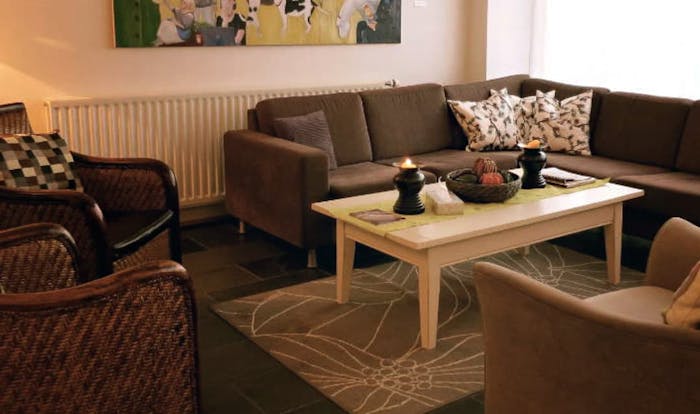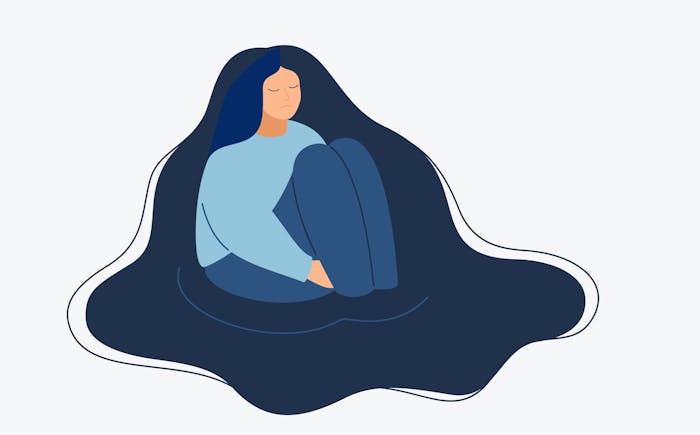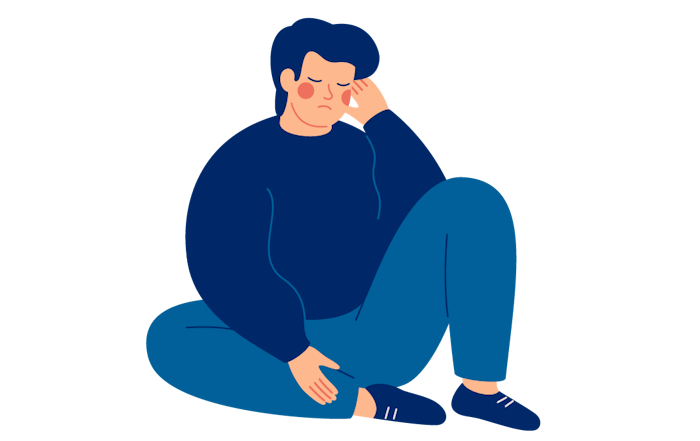Bouncers
Bouncers are responsible for monitoring:
- The age of guests.
- The number of guests.
- The opening hours.
- Whether alcohol is being brought into or taken out of the establishment.
- That all guests can be safe and can enjoy themselves without abuse.
- Other issues related to the rules of the establishment or laws and regulations.
Good communication, less abuse
Bouncers practice good communication and are level-headed, polite, and firm.
De-escalation is key in situations where people are trying to hurt each other. If it is possible to calm someone down by talking to them, then that is the best option.
Bouncers contact the police when problems have become too big.
Good communication consists of questions and requests, pointing out facts, and describing consequences. The key is using matter-of-fact reactions and explanations.
For example:
- You’ve been having a fight.
- I watched you harrass/damage ...
- In our opinion, you’ve gone too far.
- The rules of the place are clear and therefore... (shift responsibility over to the rules).
- Please stop doing that.
- Please leave.
- Poor communication: accusations, unfounded judgements, demands, and threats.
Slæm samskipti: ásakanir, sleggjudómar, heimtingar og hótanir.
For example:
- Get the hell out.
- You're drunk, you idiot.
- You fucked up.







